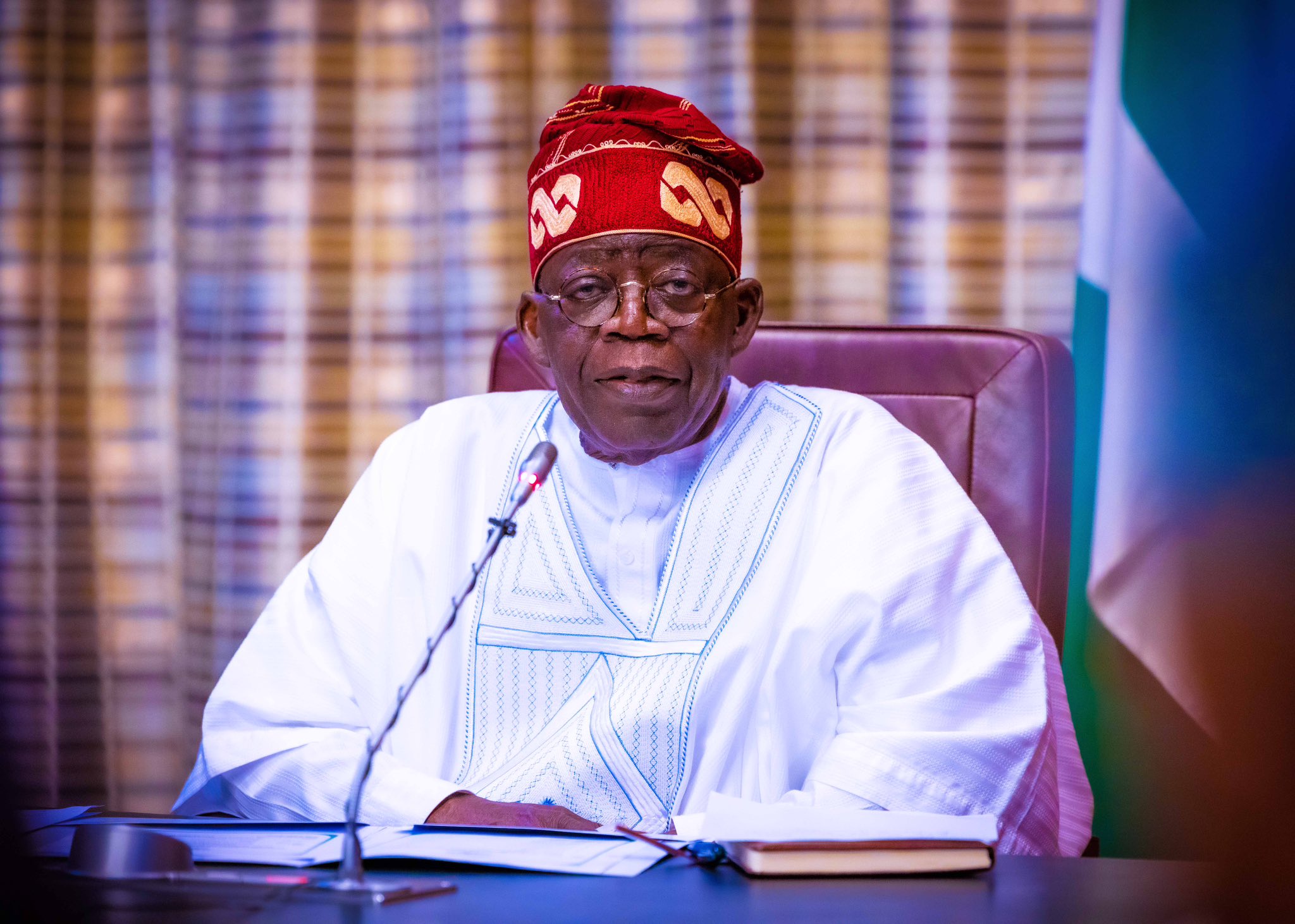Since assuming office in May 2023, President Bola Tinubu has overseen a 488% increase in petrol prices, rising from N175 per litre to N1,030 in October 2024. This surge follows Tinubu’s swift removal of the fuel subsidy upon taking office, which has significantly worsened economic conditions for millions of Nigerians. The sharp hike has driven up transportation costs, food prices, and general living expenses, particularly affecting citizens reliant on petrol for power generation in the absence of reliable electricity.
Despite previous promises made during his campaign to lower fuel prices, Tinubu’s administration has failed to fulfill this pledge, instead implementing policies such as the naira devaluation, which has further exacerbated the situation. Nigerians are grappling with the combined effects of a weakened naira, which now trades at over N1,600 to the dollar, and the rising cost of fuel, which is heavily influenced by international prices.
Experts and industry players have attributed the crisis to a lack of comprehensive energy reform, while labor unions and organized groups continue to protest the government’s handling of the situation. The Nigeria Labour Congress (NLC) has condemned the fuel price hikes, calling for an immediate reversal and urging the government to present a concrete economic strategy to alleviate the hardship.







2 Comments